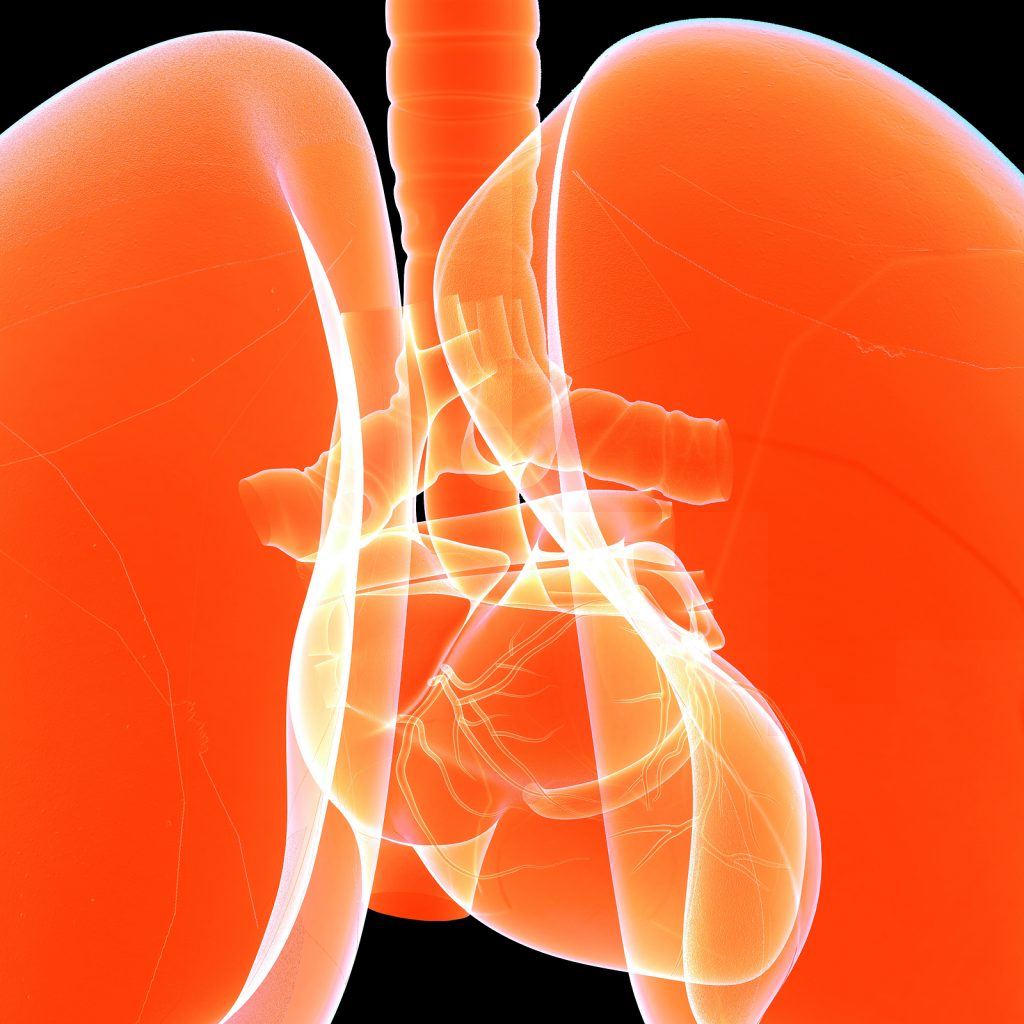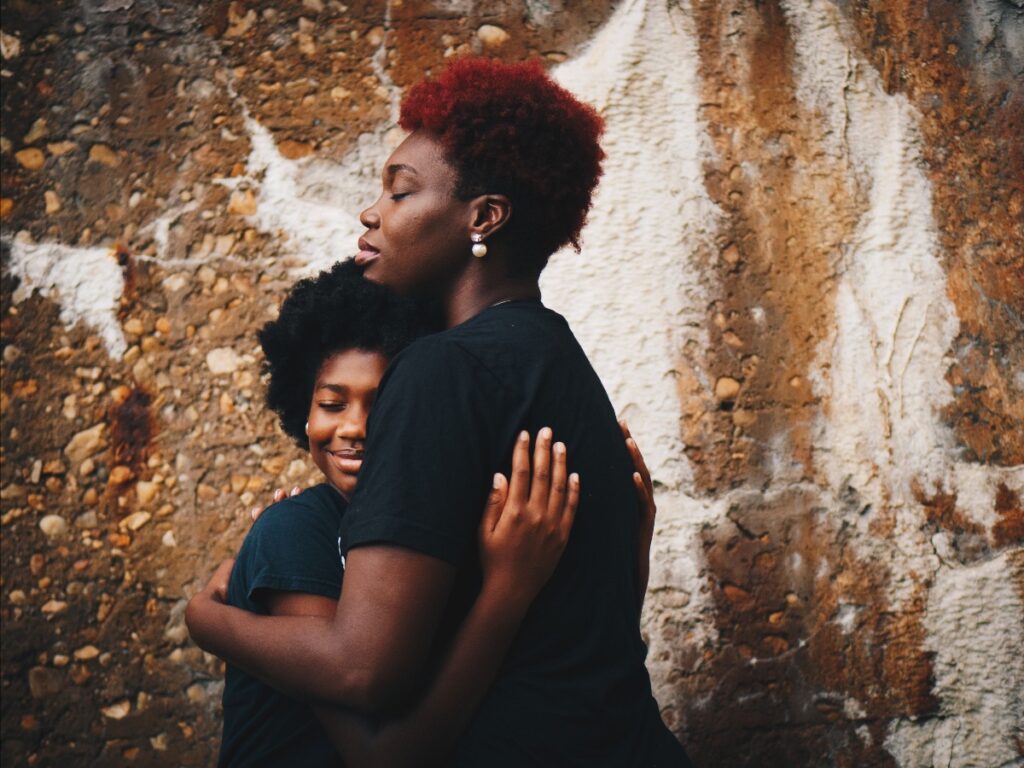Trauma Training Tip
There is an organ in Chinese physiology called the Pericardium. Western medicine understands it as a largely inert structure, a sack that holds the heart. The Chinese also call the Pericardium the “Heart Protector” or the “Circulation-Sex” Official. It functions like a pair of gates, opening to let love move freely in and out, and closing when it is not safe for the Heart to be open. It is responsible for “ruling the subjects in their joys and pleasures,” the circulation of both blood and joy, and supporting vibrant sexual expression.
When our Kidney/Adrenal system experiences fear – its first vibration is directed to the Pericardium to help us find other people to help us manage our experience of danger. If we have experienced relational trauma, particularly sexual trauma, our Pericardium may have been left with a “braced” state – habituated to being always open or always closed; or it may have been left more collapsed – unable to discern when or how to open or close to others. We won’t be able to find embodied experiences of kinship when we need them most.
It is often penetrated in cardiac surgery. Acupuncturists look to this as a cause for the far too common experience of depression and anxiety after open heart surgery.
The Pericardium is also reflected in the functions of the Ventral Vagus Nerve in Western medicine. The Ventral Vagus helps us find those critical experiences of embodied kinship. It helps us feel connected in community. It helps us manage when and how we want to be touched. As an official of the Fire Element, the Summer time is a great time to cultivate regulation and capacity for relationship with the Pericardium.
Try the “May I Touch You” exercise with your patient. Invite them to explore their “yes” and their “no” responses. Choose a spot that doesn’t carry too much charge – perhaps the outside of the knee or the top of the shoulder. Invite them to notice their interoceptive awareness – how is it to answer “may I touch you” with an authentic, embodied response? They may have been in situations where a person with greater authority touched them without permission; they may have overridden their true feeling as a management strategy in the past. You are an authority figure to them – and your only desire is that they find their body’s truth and speak it. Stay in relationship as they explore their “no.” It can be transformative!
Alaine’s Two Cents
Photo by Klub Boks via Pexels
Two Monkeys Sleeping Tenderness does not choose its own uses. It goes out to everything equally. —Jane Hirshfield We wandered into a corner of the Central Park Zoo, and there, despite the dozens of tourists pointing and tapping the glass, two monkeys were squatting on a perch of stone. To our surprise, they were both in deep sleep, their dark heads bowed to each other, their small frames limp. What was amazing was that their small delicate hands were touching, their monkey fingers leaning into each other. It was clear that it was this small sustained touch that allowed them to sleep. As long as they were touching, they could let go. I envied their trust and simplicity. There was none of the human pretense at independence. They clearly needed each other to experience peace. One stirred but didn’t wake, and the other, in sleep, kept their fingers touching. How deeply rewarding the life of touch. Each was drifting inwardly, dreaming whatever monkeys dream. They looked like ancient travelers praying inside a place of rest made possible because they dared to stay connected. It was one of the most tender and humbling moments I have ever seen. Two aging monkeys weaving fingertips, as if their touch alone kept them from oblivion. I pray for the courage to be as simple in asking for what I need to be.
From Mark Nepo’s book, The Book of Awakening.
Beautiful, eh?
Check This Out!
My thanks to Tao of Trauma student Elaine Komarow who directed me to this article in Forbes magazine – “New Insights Into Long COVID Point To Damage To The Vagus Nerve.”
William Haseltine of ACCESS Health International, a nonprofit organization that fosters innovative solutions to the greatest health challenges of our day, investigated the role of the Vagus nerve in Long Covid. His team found that people with symptoms, such as persistent cough, changes in speech (dysphonia), difficulty swallowing (dysphagia), increased heart rate (tachycardia), GI issues, dizziness, and cognitive complications, were more common in those with Long COVID compared to individuals that were never exposed to the virus or had fully recovered following acute infection.
They used ultrasound imaging and found thickening of the Vagus Nerve in the chest and the Respiratory Diaphragm – its Ventral Branch. This may direct clinical attention to the many functions of the Ventral Branch of the Vagus nerve, including cardiac coherence, and capacity for relationship, joy, and pleasure in our patients with Long Covid symptoms.
It’s an important read!
Clinical Curiosity
Where is your clinical curiosity carrying you?
Send me a question or two and I will explore them with readers in this corner next month.
Q.
My patient is in her 60’s. She’s in a long-term marriage to a successful man and has 3 children and several grandchildren. In Chinese terms I would say she is a Wood type, with deficient liver blood. She’s kind of “mousy” and self-effacing. She always puts everyone else’s needs before her own and is quite depleted as a result. I always have a sense that underneath her highly agreeable presentation, she is angry and resentful. Everyone in her family makes demands of her and she always says yes.
A.
She sounds like she is using a very complex management strategy – one that employs both an appearance of Ventral Vagal, social engagement, and underneath that a thwarted sympathetic arousal and anger. From the perspective of her nervous system, it’s a very complex dynamic. It takes a lot of skill to operate from two neurologic platforms.
People who are in marginalized segments of society, who have less social power, may develop the Feign or Fawn response to help them cope. They give the dominant culture an impression of ease, while underneath it all, there is resentment and anger. At the extreme expression, it is found in people who are held captive – they may find that making “friends” with their captors gives them a way out of their predicament.
Many people in our culture use varying degrees of the Feign or Fawn response – actually, anyone who isn’t privileged by membership in the White Patriarchy or able-ist culture. Inviting those who use this complex system to do the “May I Touch You” exercise can be profound. Help her know that it’s not “yes” that you want – it’s her interoceptive awareness, and the power of her to voice it, that you are looking for. Celebrate her “no,” not with fireworks or high-fives, but with engaged eyes and sincere connection.
Help her explore any movement or stillness, sensation or image, meaning or emotion that she experiences with her Yes’s and her No’s. It’s gonna be rich, I promise.



